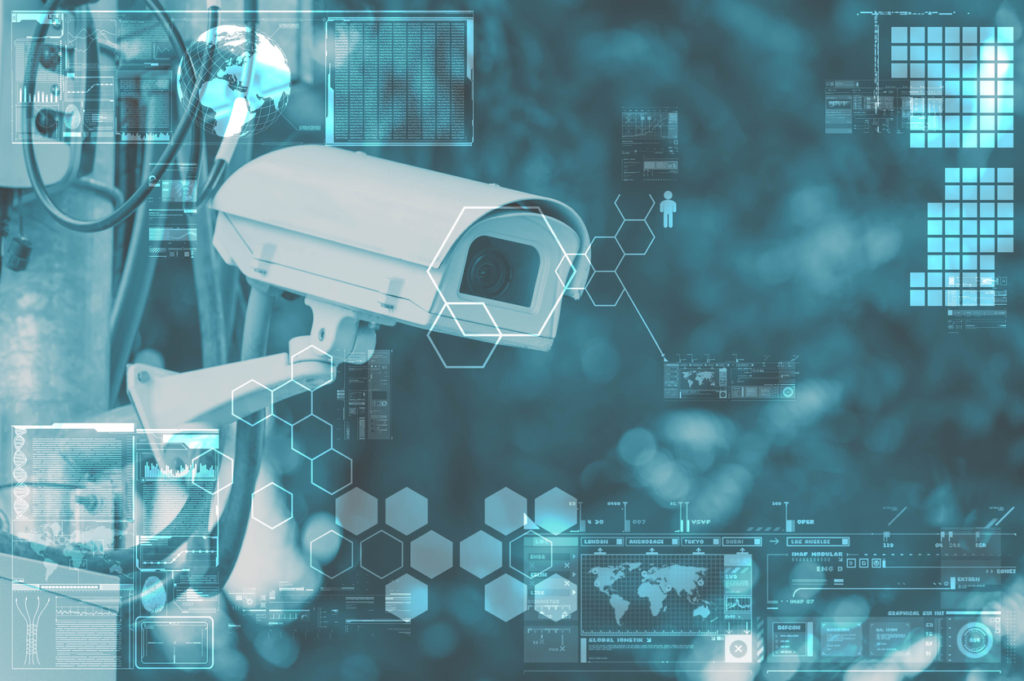Surveillance Definitions
Definitions are a great thing – if you can name something, you have power over it. The excellent article by Ami Toben on the surveillance lexicon awakened long-buried memories of wrestling with definitions in this area. Ami contributes clear thinking to the debate, over which I intend to sprinkle some confusion by adding how the British Military officially – and unofficially – defined these activities.
I say defined as, in the 8 years since I left the British Military, I’m sure that thinking and definitions have moved on, but here’s how I remember the state of affairs:
Surveillance
Surveillance is “the systematic observation of aerospace, surface or subsurface areas, places, persons, or things, by visual, aural, electronic, photographic, or other means” (AFM Vol 1, 2002).
Counter-Surveillance
All measures, active or passive, taken to counteract hostile surveillance (AAP 6).
These definitions were clearly designed with conventional operations in mind. In the unconventional area, the unofficial definitions were more as follows:
Surveillance was covert and conducted on foot or by (ground or air) vehicle. Seeing without being seen was the key.
Anti-Surveillance was an action or actions to get rid of surveillance. The target may or may not have known that they were under surveillance; sometimes ‘anti’ was carried out as a matter of course to ‘shake a tail’. This contains elements of Ami’s Surveillance Deterrence as explained below.
Counter-Surveillance was to actively look to identify surveillance, maybe in order to do something about it. This chimes with the definition of Surveillance Detection in the following article. The way in which Ami defines counter-surveillance had no parallel with us – if anything, it would have been called surveillance on the hostile surveillance.
Legal Input
As a law firm that specialises in hostile environments and specialist skills (including surveillance), it would be remiss not to comment on the legal aspects of Ami’s piece from a UK perspective.
Perhaps unsurprisingly, the legal parameters that Ami describes are subtly different in the UK. The Regulation of Investigatory Powers Act (RIPA), complemented by the new, so called ‘Snoopers Charter’, controls the activities of Government agencies and bodies in this area.
If you’re not a public entity then surveillance is unregulated … up to a point. As soon as surveillance activities become intrusive and can be viewed as harassment then such conduct is likely to be governed by legislation such as the Harassment Act and / or Offences Against the Persons Act. These pieces of legislation can be applied against the individuals conducting surveillance, so understanding the boundaries imposed by these acts is important.
Guidance for conduct performed by companies carrying out investigative activities in the UK is on the Security Industry Authority website here, where notably only the use of CCTV is licensed.
Conclusion
This is a fascinating area and one that can only benefit from tighter terminology. Join the debate!
‘Surveillance, Surveillance Detection And Counter Surveillance’
Need advice?
If you’d like further information, or to discuss working with us, please get in touch






